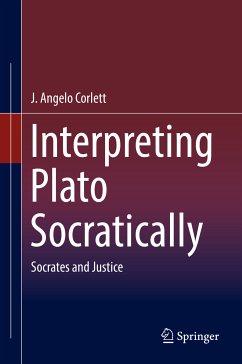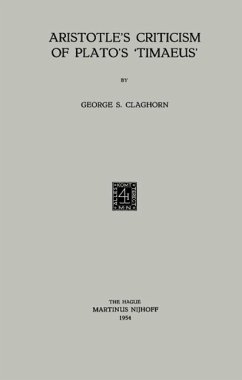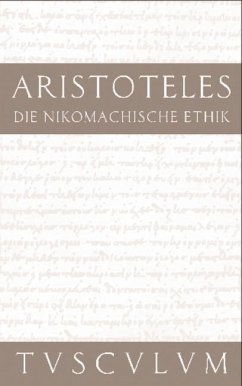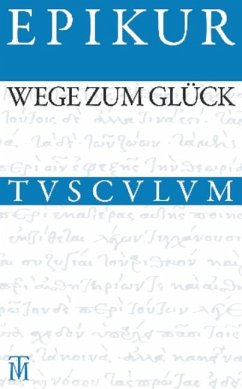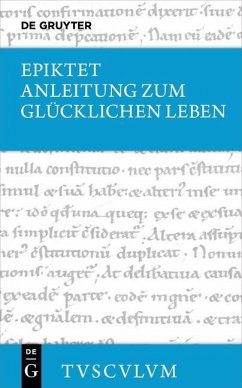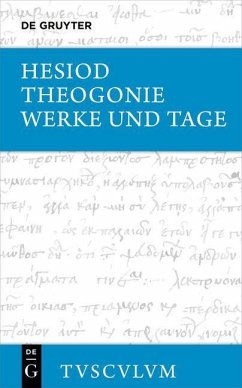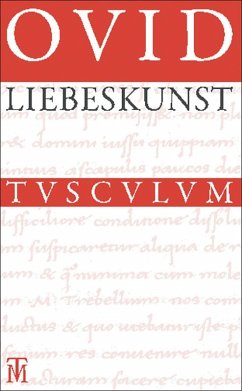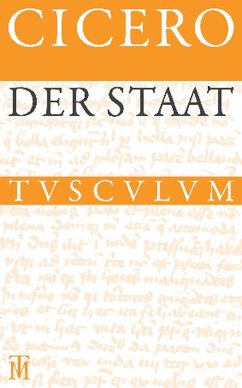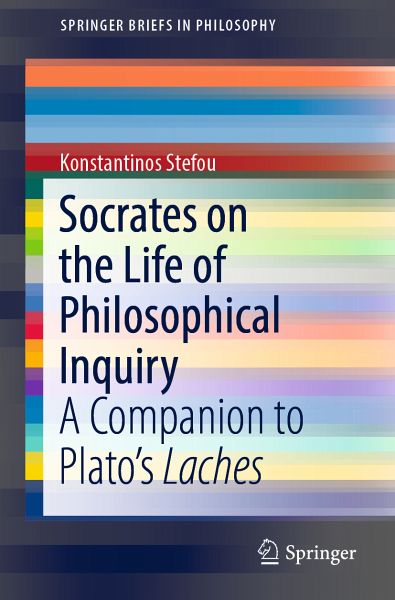
Socrates on the Life of Philosophical Inquiry (eBook, PDF)
A Companion to Plato's Laches
Versandkostenfrei!
Sofort per Download lieferbar
44,95 €
inkl. MwSt.
Weitere Ausgaben:

PAYBACK Punkte
22 °P sammeln!
This book offers the first systematic reading of Plato's Laches in English after three decades of scholarly silence. It rekindles interest in this much-neglected dialogue by providing a fresh discussion of the major issues that arise from the text. Among these issues, pride of place is taken by the virtue of courage, for the definition of which Socrates is depicted as engaging in some long-winded dialectical exchange with his interlocutors. Yet, although there is no room for doubt that the Laches is Plato's most explicit treatment of courage, this dialogue ends in perplexity and is thus tradit...
This book offers the first systematic reading of Plato's Laches in English after three decades of scholarly silence. It rekindles interest in this much-neglected dialogue by providing a fresh discussion of the major issues that arise from the text. Among these issues, pride of place is taken by the virtue of courage, for the definition of which Socrates is depicted as engaging in some long-winded dialectical exchange with his interlocutors. Yet, although there is no room for doubt that the Laches is Plato's most explicit treatment of courage, this dialogue ends in perplexity and is thus traditionally thought of as an unsuccessful attempt to define what courage is. The present study challenges this suggestion.
This book proposes a new paradigm for the interpretation of Plato's Laches. In fact, it constitutes the first systematic attempt to study the dialogue in light of the idea that its composition could well have formed part of Plato's overall planto establish a well-defined and rigorous justification of the life of philosophical inquiry
The book will be of key interest to classicists, philosophers, and intellectual historians, but will also appeal to students or anyone interested in ancient Greek philosophy.
This book proposes a new paradigm for the interpretation of Plato's Laches. In fact, it constitutes the first systematic attempt to study the dialogue in light of the idea that its composition could well have formed part of Plato's overall planto establish a well-defined and rigorous justification of the life of philosophical inquiry
The book will be of key interest to classicists, philosophers, and intellectual historians, but will also appeal to students or anyone interested in ancient Greek philosophy.
Dieser Download kann aus rechtlichen Gründen nur mit Rechnungsadresse in A, B, BG, CY, CZ, D, DK, EW, E, FIN, F, GR, HR, H, IRL, I, LT, L, LR, M, NL, PL, P, R, S, SLO, SK ausgeliefert werden.



